It was only a matter of time before Hillary Clinton began taking fire.
On Saturday night, it happened—with a force that suggested Clinton rivals Bernie Sanders and Martin O’Malley have been lusting for the fight. Clinton’s competitors came ready for a slugfest, slamming Clinton on Wall Street regulation, her record in the Middle East and gun control. It was the roughest treatment Clinton has faced from her own side.
Clinton’s rivals questioned her consistency and her character in a volley of attacks that left the former Secretary of State, Senator and First Lady with few options but to laugh nervously at their intensity. Flanked by her two remaining rivals, she did her best to dodge any serious blows.
“I’ve heard a lot about me in this debate,” Clinton deadpanned at the end of a two-hour prosecution of her record and her character.
But the criticism is a signal that, even if Clinton prevails and wins her party’s nomination, there is no shortage of material that her eventual Republican rival will throw at her.
“We will not solve our nation’s problems by resorting to the divisive theologies of our past or by returning to polarizing figures from our past,” said O’Malley, the former Governor of Maryland who badly lags in the polls.
At another point, Sanders listened as Clinton defended her plan to overhaul Wall Street. The Senator from Vermont then pounced gruffly: “Not good enough.”
Pushed onto the defensive, Clinton played the professor to the challengers on her Left and Right, lecturing them on the nuances of the history of financial reform and foreign policy in the Middle East. She mostly received muted response from the audience as she addressed her two pupils on the stage. Still, she was there to work in facts, not barbs.
Read More: Hillary Clinton’s Second Debate Strategy: Pull Rank
“I think it’s important we put this in historic context,” Clinton said about terrorist attacks on Americans. When pressed on her opposition to reimposing Glass Steagall, a Depression-era banking law, Clinton recalled the lessons of the financial crisis. And when challenged why she backs a federal minimum wage of $12 instead of her rivals’ favored $15, she cited international economic studies that showed she has spent time in the weeds on the issue.
When Clinton offered thoughtful analysis, her rivals were ready with the television-ready rejoinder. “We need to protect Main Street from Wall Street,” O’Malley said.
She emerged from the debate with few scrapes, although she made the rare misstep when challenged on campaign finance and instead invoked the terrorist attacks of Sept. 11, 2001. Challenged that she was too soft on the financial sector that makes up a large portion of her campaign donations, she responded that the donors knew her. “I represented New York, and I represented New York on 9/11,” Clinton said. “When were attacked, where were we attacked? We were attacked in downtown Manhattan, where Wall Street is. I did spend a whole lot of time and effort helping them rebuild.”
Sanders has made his campaign a vehicle for anti-Wall Street rage, and he did not let up. “Why do they make millions of dollars of campaign contributions? They expect to get something. Everybody knows that,” Sanders said.
Read More: Clinton Invokes 9/11 to Deflect Questions About Wall Street Ties
Clinton’s advisers have long braced for such criticism. Her team in Brooklyn has always assumed that the primary would take a rougher turn before Iowa, and they know that if she wins the nomination, every day between now and Election Day in 2016 will be a constant stream of policy questions, personal attacks and sideshow theatrics. Her aides have braced for such time, and Saturday’s debate was a good preview of what is to come—from Democrats, as well as Republicans.
Take, for instance, O’Malley’s snide mocking of Clinton’s record on guns. He even borrowed a line that Barack Obama deployed during his 2008 campaign primary against against Clinton.
“Secretary Clinton you’ve been on three sides of this,” O’Malley said. “In 2008 you were portraying yourself as Annie Oakley and saying we don’t need those regulations. … There’s a big difference between leading by polls and leading by principle.”
The candidates began slinging at Clinton almost immediately after the debate begun. Asked about Friday’s terror attacks in Paris that left 129 dead, Clinton said the United States’ role abroad should reflect other countries’ interests in combating terrorists. “But I don’t think that the United States has the bulk of the responsibility,” Clinton said, in taking on ISIS.
That gave a chance for O’Malley, a former Governor with limited national security credentials, to ding Clinton. “I would disagree with Secretary Clinton, respectfully, on this score. This actually is America’s fight,” O’Malley said.
Sanders, too, blasted Clinton on her support for the Iraq War and also said the United States needed to lead. “This world, with American leadership can and must come together to destroy it,” he said of ISIS.
Clinton aide Nick Merrill said after the debate that the former Secretary of State’s foreign policy experience is “very difficult to distill in a debate format, particularly when they had 20 minutes to talk about it.”
Read More: Watch Democratic Candidates Spar Over Middle East and ISIS
For Clinton, who has staked out a more moderate position than her liberal rivals for the nomination, the attacks were inevitable. While her views may play better than Sanders’ or O’Malley’s in a general election, Clinton’s job was to look like the responsible and careful adult. And, on that question, she demonstrated a temperament that is, in a word, presidential.
Still, it is unclear how strongly Democrats care about foreign policy in fight for the primary, who are more angry over income inequality than they are about ISIS’ rise. It’s why Clinton has been working to roll out policy proposals that connect at home. After all, her foreign policy chops are unmatched among Democrats, and only Sen. Lindsey Graham of South Carolina can match her on the Republican side. Graham, however, is polling so poorly that he was excluded from even the GOP’s most recent undercard debate.
Voters, it seems, are more focused on issues at home. At a barbecue a few blocks away from the debate site hall, Sanders supporters gathered to eat pulled pork and listen to activist Cornel West pitch the Vermont senator’s campaign, which he likens to a revolution.
Take Theresa Miller, a retired insurance worker, was one one of many who said that Clinton was more experienced on foreign policy. She said that Sanders’ strong emphasis on income inequality and economic issues is more important. “A lot of the people that support Bernie support him for his domestic stances,” Miller said. “And I think he’d be less inclined to push the button than some of the others.”
For her part, Clinton seemed comfortable allowing Sanders, O’Malley and their supporters enjoy their swipes. Knowingly, she said she, too, had once predicted a revolution would sweep the country and give her a win—hers, back in the 1990s when she was trying to push a health care overhaul during her husband’s administration.
Nodding to her own naivete and throwing criticism back at Sanders, she noted the obvious. “The revolution never came.” It’s why, despite the feisty tone on stage, Clinton’s not terribly worried about the trajectory of this campaign.
Read Next: Read the Full Text of the Second Democratic Debate
See Photos of Candidates and Their Sweet Rides
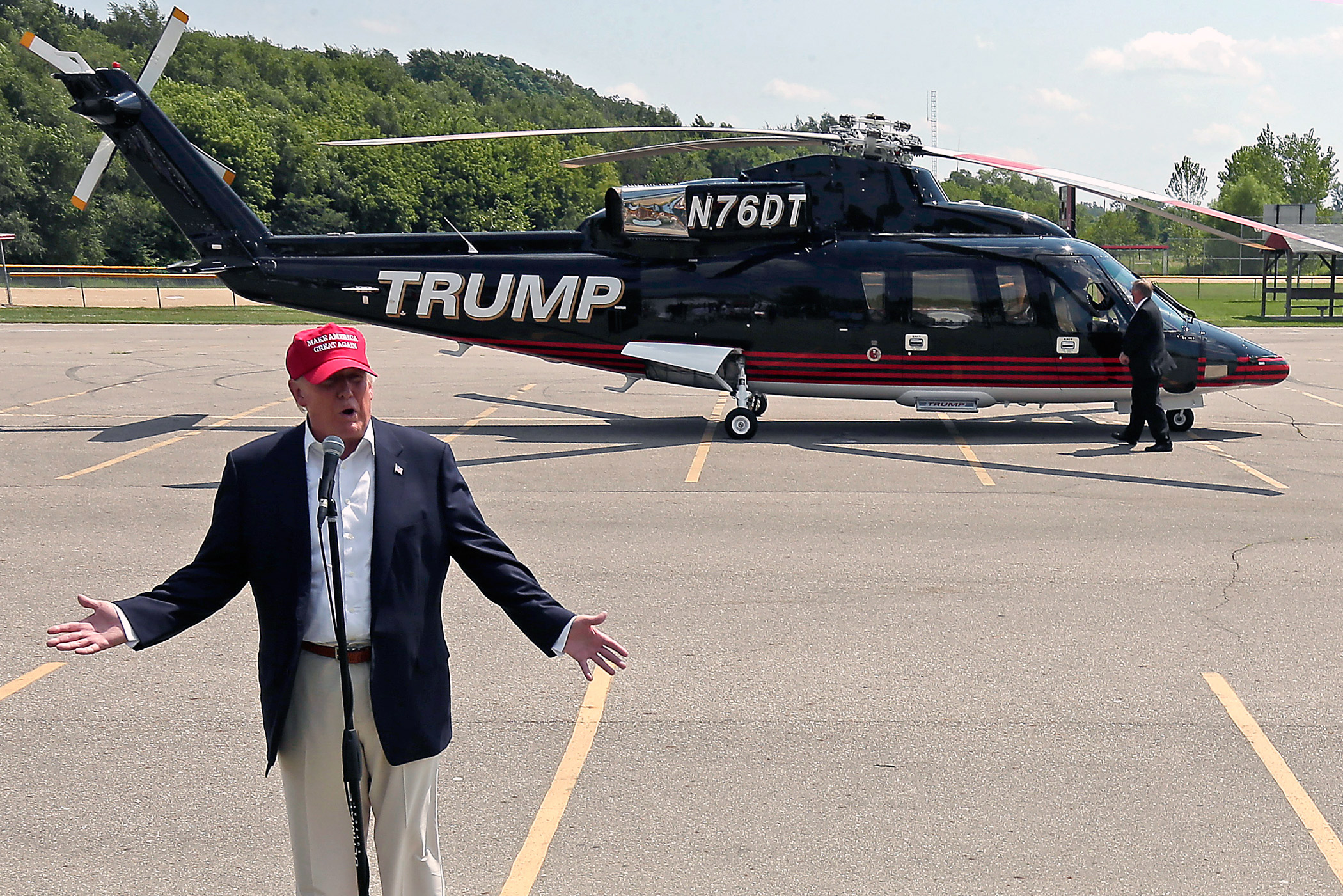
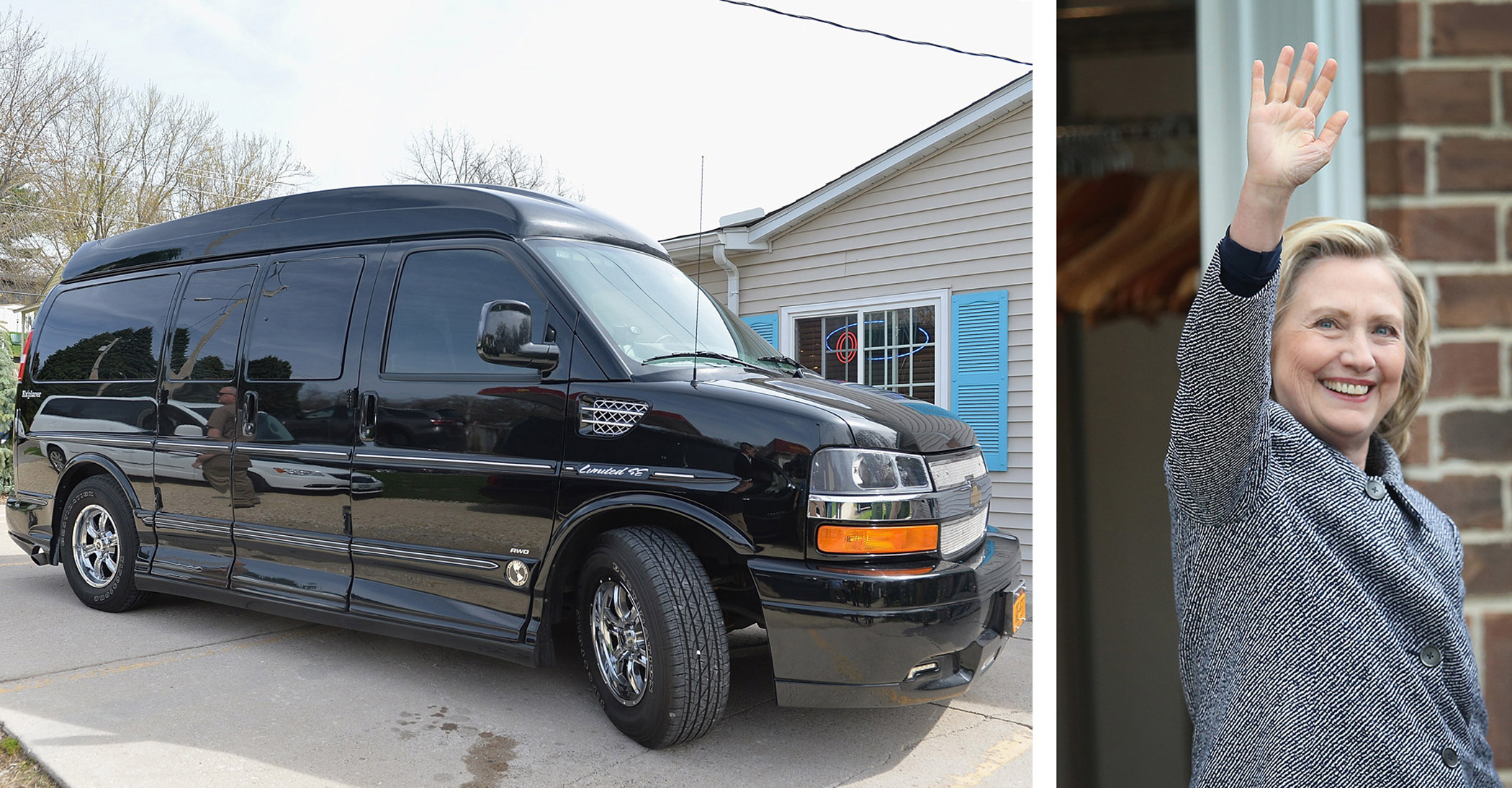
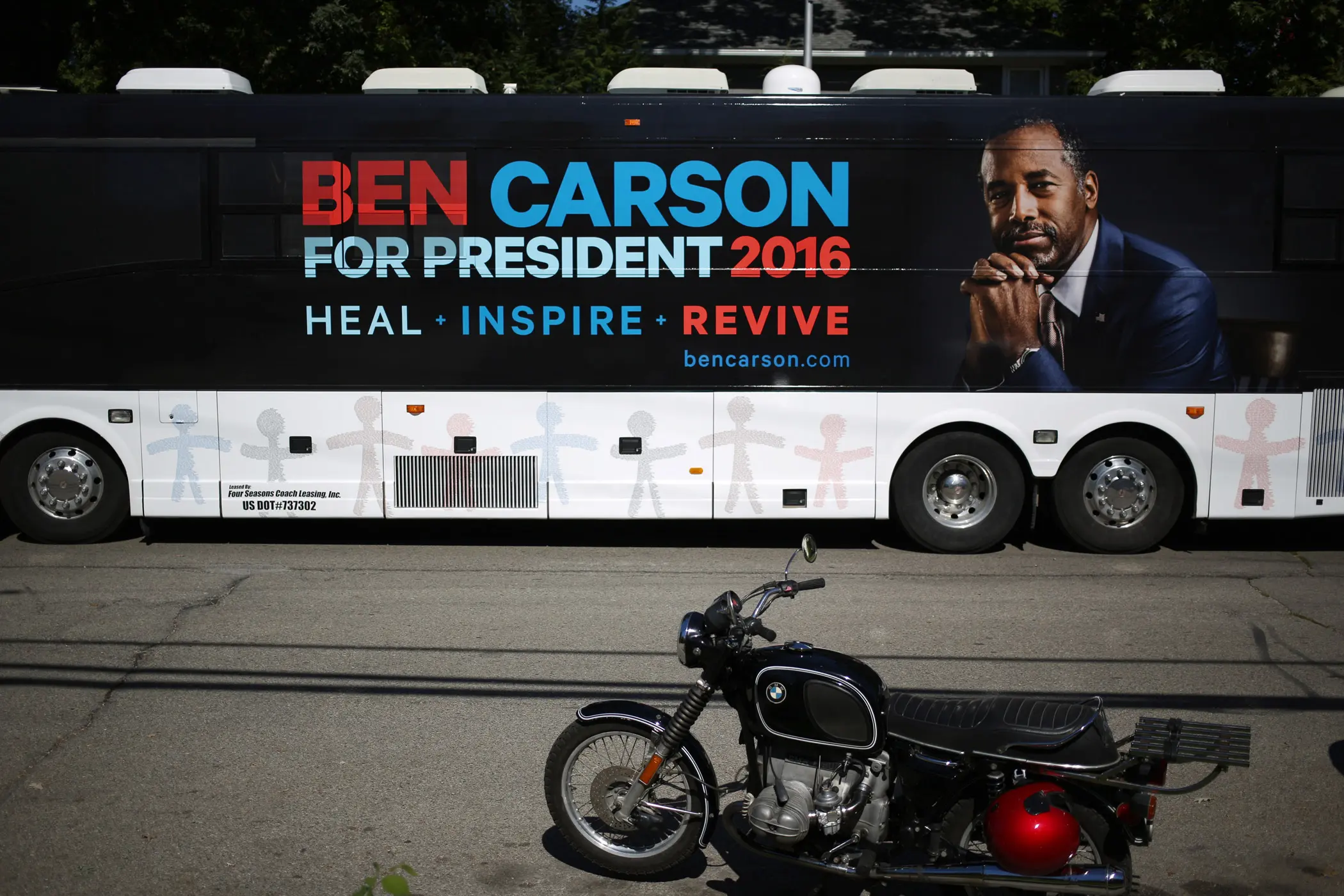
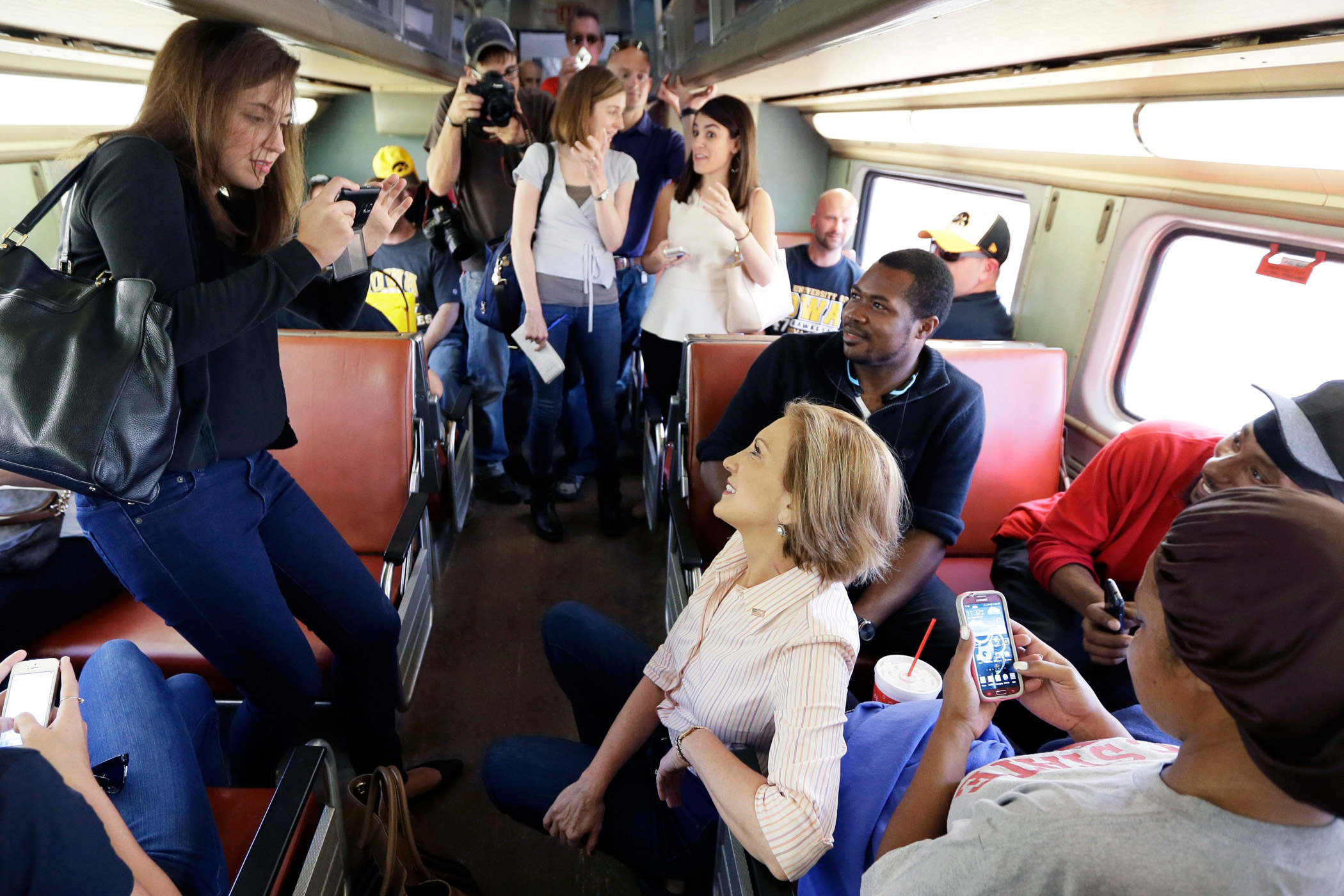
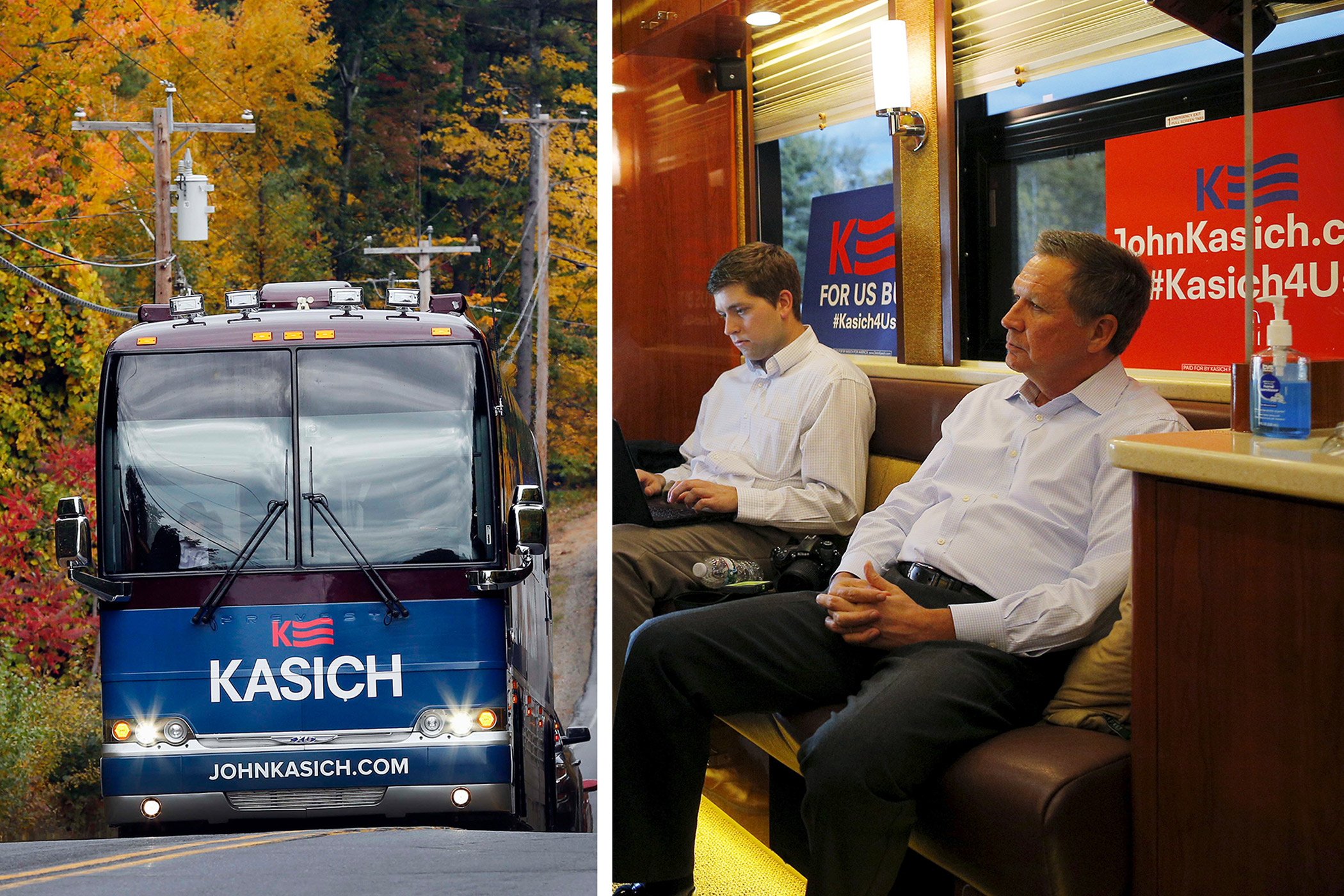
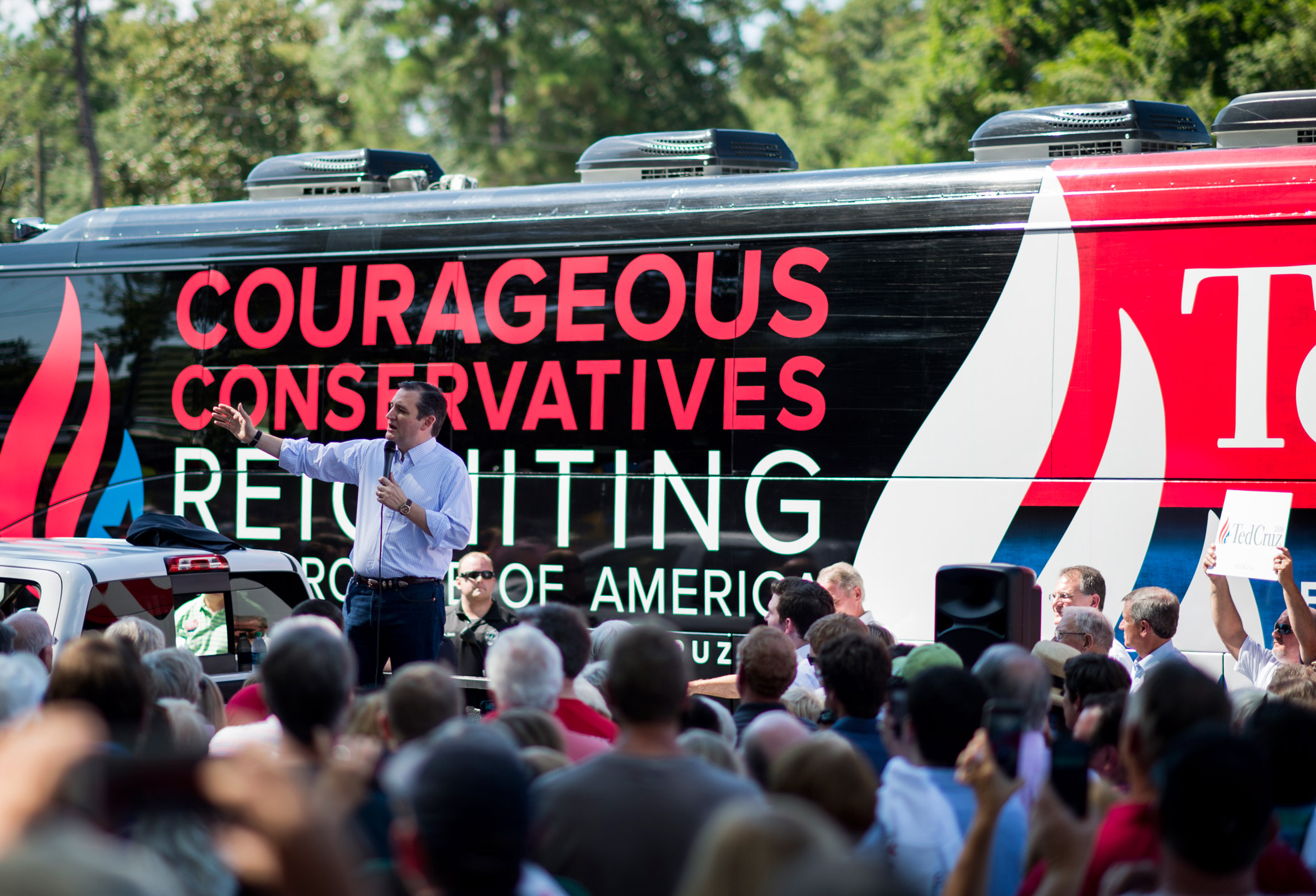
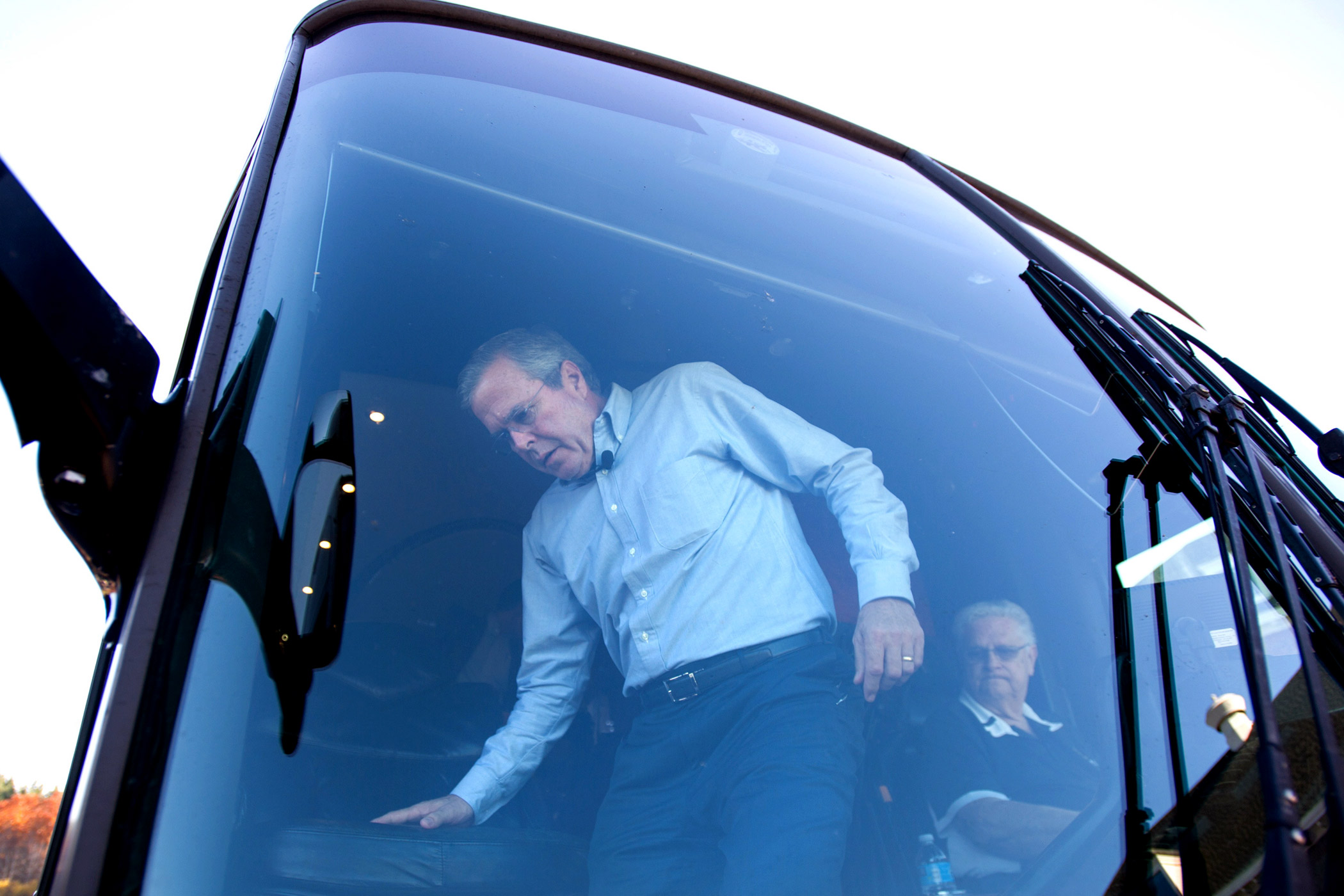
More Must-Reads from TIME
- Why Trump’s Message Worked on Latino Men
- What Trump’s Win Could Mean for Housing
- The 100 Must-Read Books of 2024
- Sleep Doctors Share the 1 Tip That’s Changed Their Lives
- Column: Let’s Bring Back Romance
- What It’s Like to Have Long COVID As a Kid
- FX’s Say Nothing Is the Must-Watch Political Thriller of 2024
- Merle Bombardieri Is Helping People Make the Baby Decision
Write to Philip Elliott at philip.elliott@time.com